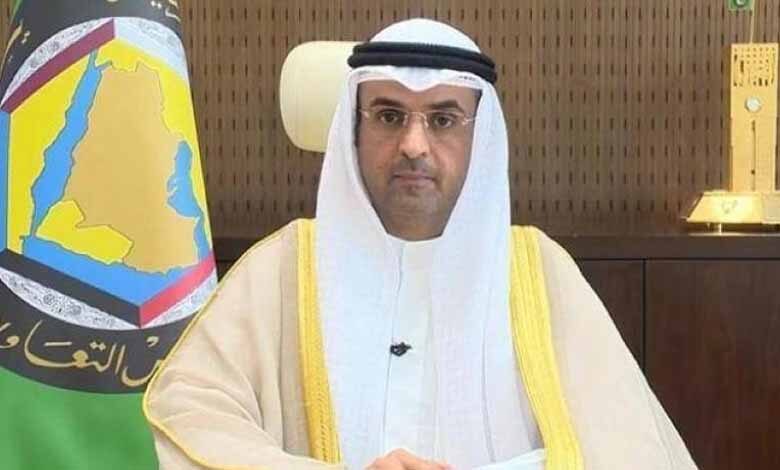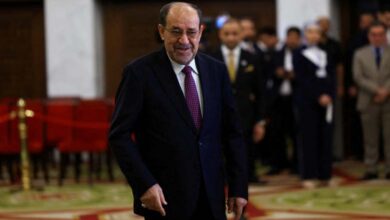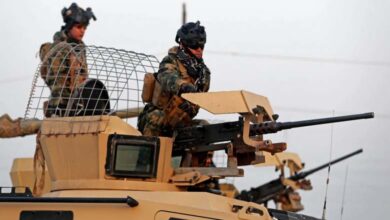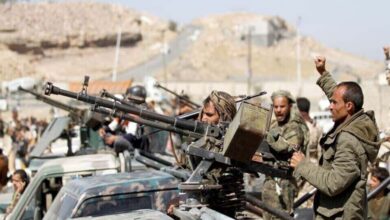GCC chief: The region’s security is an indivisible one

The Secretary-General of the Gulf Cooperation Council informed Al Arabiya during a special interview that the region’s security is an indivisible one. Therefore, any further discussion on the Iran nuclear deal must contain all countries’ opinions, including the Gulf countries.
GCC chief Nayef al-Hajraf informed Al Arabiya’s The Other Dimension program: We clearly expressed with no ambiguity regarding the Iranian nuclear file and the agreement that was concluded between the permanent members plus one on three basic principles: The first is the security of the region is an indivisible whole. Therefore, there should be no agreement concerned with the security of the region without taking into account the opinion of all countries, and we are the main leaders in this.
Al-Hajraf also stated that the GCC had legitimate apprehensions about the Iran nuclear deal signed in 2015 and said that there were shortcomings from the first day.
He also said: Especially the grace period that was granted to the Iranians or the controversial sunset clause controversy found in the agreement. We need real political will. It must be expressed by all parties, whether from within the region or the countries sponsoring this agreement so that there is a clear follow-up mechanism.
Indeed, Al-Hajraf’s remarks about the deal come a day after that the President Emmanuel Macron informed Al Arabiya that any new negotiations on world powers’ 2015 nuclear deal with Iran would be very strict and should include Saudi Arabia. On Saturday, Iran replied by refusing any new negotiations or changes to the participants in Tehran’s nuclear deal with world powers.
As an answer, if the GCC would find an ally in the current US administration of Joe Biden compared to the past four years under Donald Trump, al-Hajraf indicated that the working relationship was strategic regardless of which political party was holding power in Washington.
He also said: It is a strategic relationship and it is not affected by whoever occupies the Oval Office, whether Republican or Democratic because the GCC countries as a system and as an entity have dealt with all American administrations as an institutional work and based on common interests.
Furthermore, the Secretary-General of the GCC also evoked other subjects, such as the recent AlUla Declaration signed in Saudi Arabia with the return of Qatar to the fold after more than three years of diplomatic and trade boycott by Saudi Arabia, Bahrain, and the United Arab Emirates.
Al-Hajraf informed Al Arabiya’s Muntaha al-Ramahi: Yes, what happened, and therefore the impact took place. We must not dwell too much on the why, when, and who. Rather, we must put what happened before our eyes in order to fully understand this framework and to ensure that there is no recurrence, but the most important thing is that we move forward.












